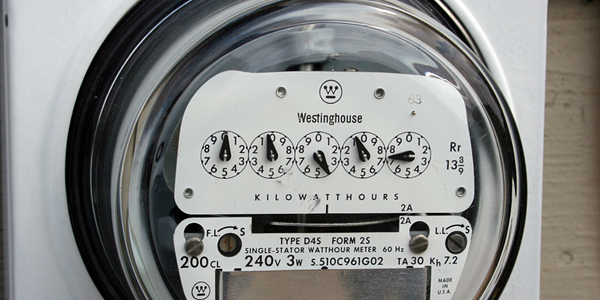energy
Finding the Mix: Solar Cell Efficiency a Delicate Balance
New Technique Makes LEDs Brighter, More Resilient
Superabsorbing Design May Lower Manufacturing Cost of Thin Film Solar Cells
Why a New Catalyst for Hydrogen Production May Be a Big Deal
